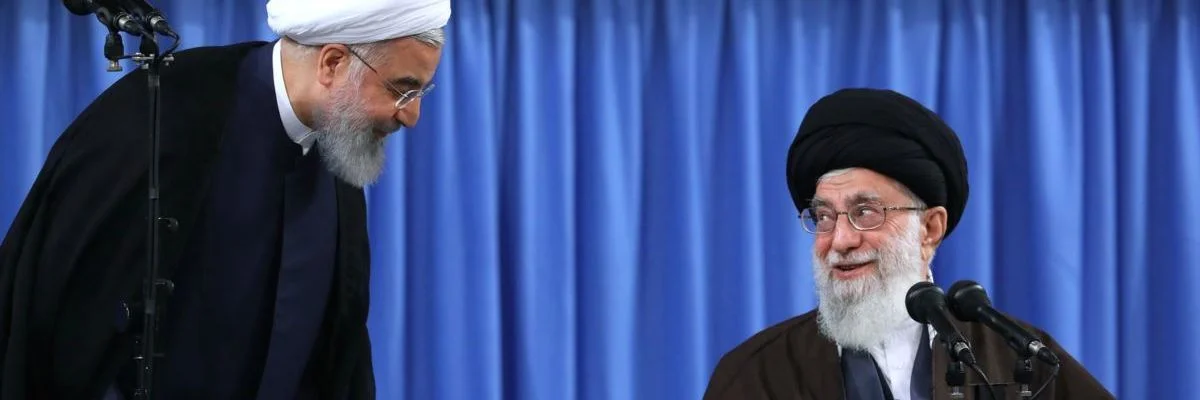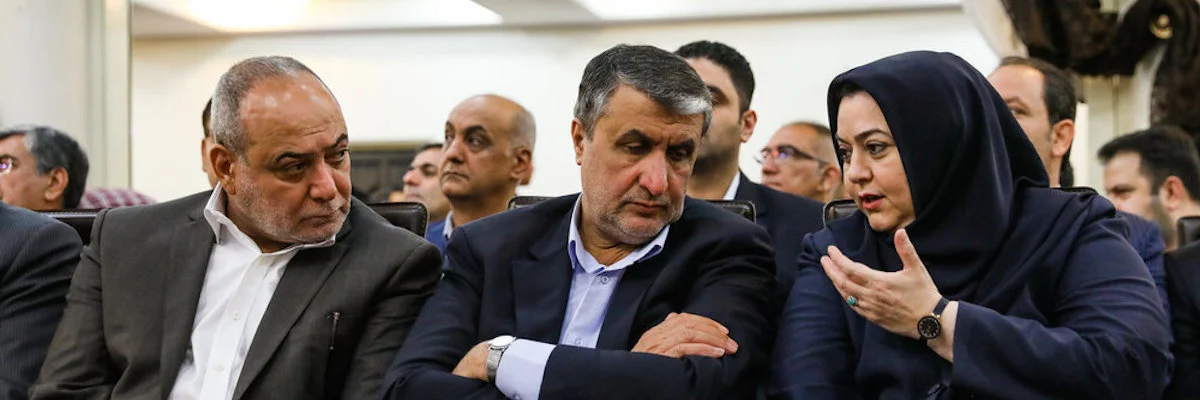◢ During a meeting with the Islamic Republic's political elite, Supreme Leader Ayatollah Ali Khamenei reiterated calls for a “resistance economy,” but also placed new emphasis on the “increasing the ease of doing business.” The specificity of some of Khamenei’s advice and observations about Iran’s economy suggests a greater appreciation for the practical importance of economic reforms that go beyond well-worn political slogans.
asdasdasdasdasdasdasdasdasdasd





















